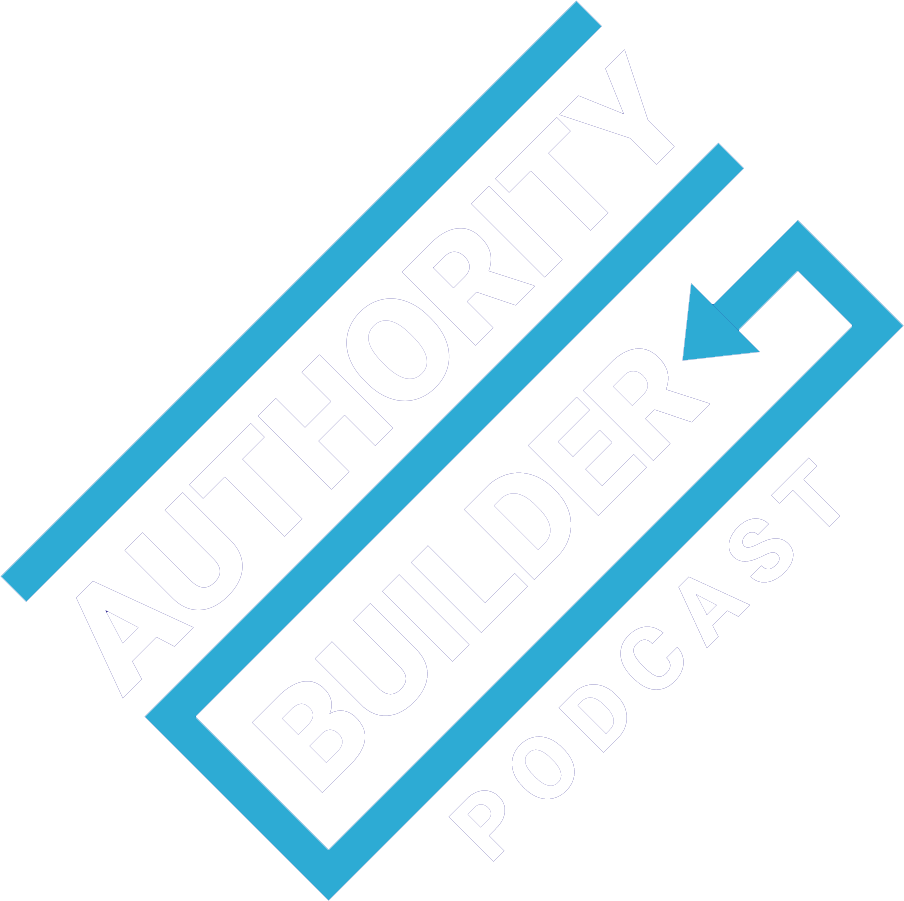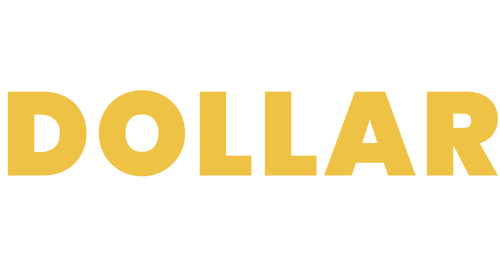This week on the podcast I interview David Newman of Do It! Marketing. We recorded this interview long before the current world crisis, and I think you should pay attention to what David shares.
David is known for helping professionals (people like you and me) get on stage and speak persuasively to get clients.
Right now (and likely for some time), getting on a physical stage isn’t possible. But opportunities to get on a “virtual stage”–on a podcast (of your own or someone else’s), on a webinar, on a live stream–are exploding.
I believe David’s message is more important now than when we recorded this interview a couple of months ago.
We’ve lost so many ways of connecting with potential clients…
No more networking events…
No more “drop-ins”…or lunch ‘n learns…Chamber meetings…trade shows…
We’ve lost a lot of methods overnight.
And, there’s no time to fret over what we’ve lost.
All you can do now is focus on what you have…what you can do.
What David and I discuss on the podcast today will help you package your ideas–your value–and deliver to audiences of a few to a few thousand online.
Tune in now…


